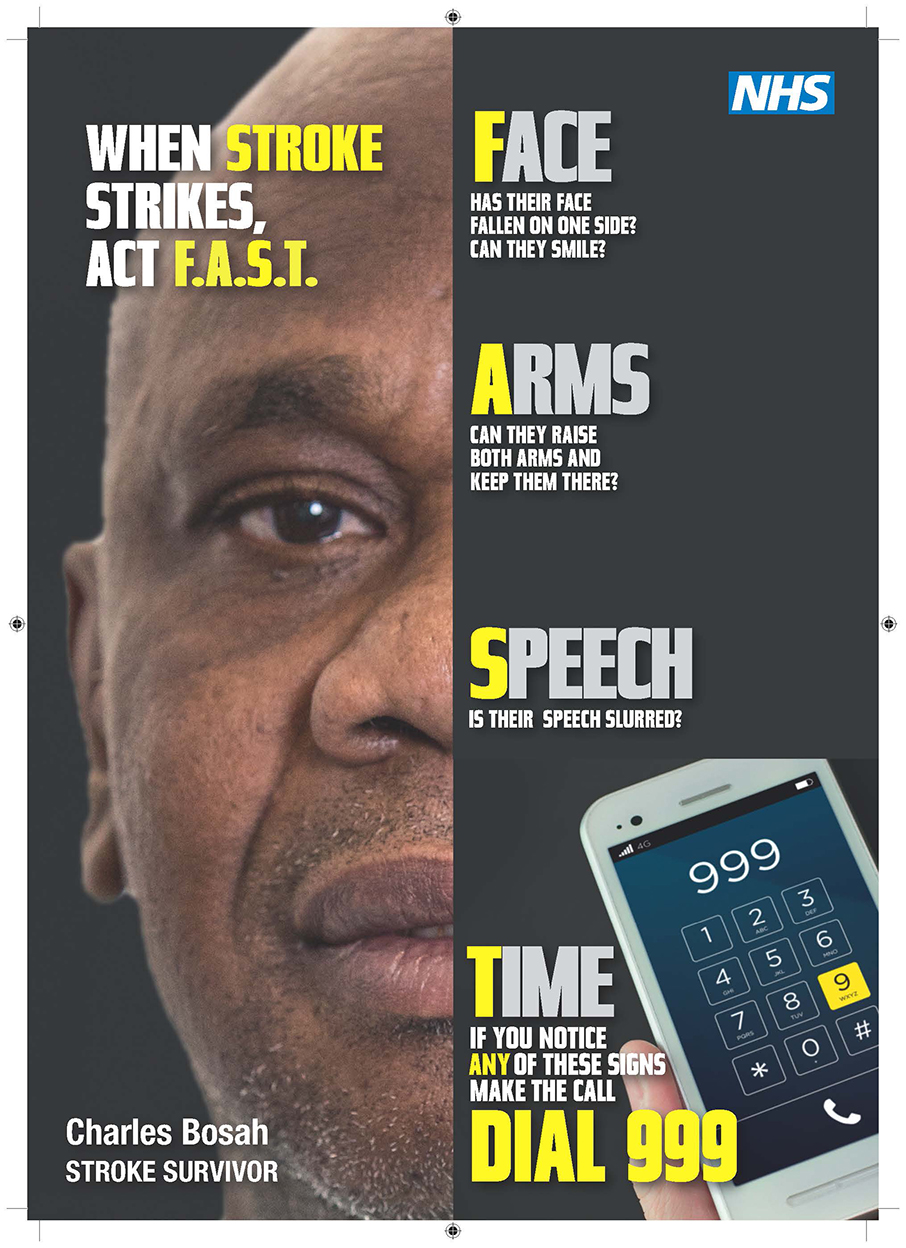Visitors wonder why Ghana lacks quality infrastructure and why power cut is such a big issue but never really understood the answer writes Osei Akoto.
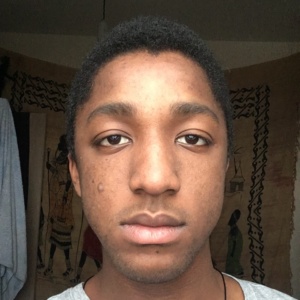
Ghana has always had a special place in my heart. I have been lucky enough to be able to visit my motherland many times since I was a child. Being a second generation immigrant means that I still have a lot of family and friends that live there so there is always a place for me to stay. Some of my earliest and best memories took place there. Travelling to Ghana, from my hometown London, allowed me to see what life is like in an underdeveloped country.
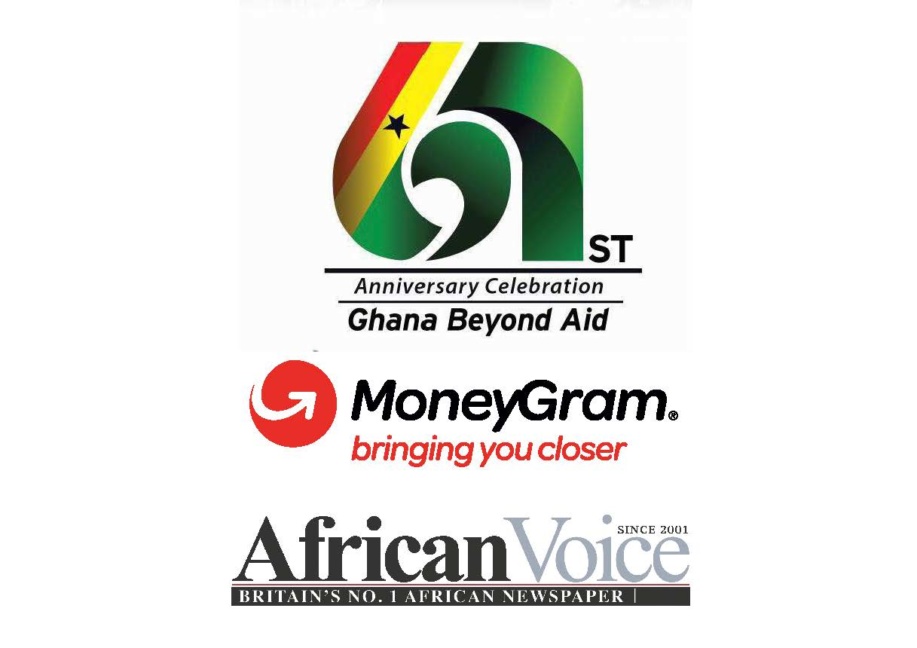
I would constantly compare Ghana with the UK, I’d always question why it lacked quality infrastructure and why power cuts were such a big issue but never really understood the answer. It is only until I grew older and did some research into the (glossed over) history of Africa myself that I started to make sense of the many reasons as to why the world’s wealth was so unequally spread.
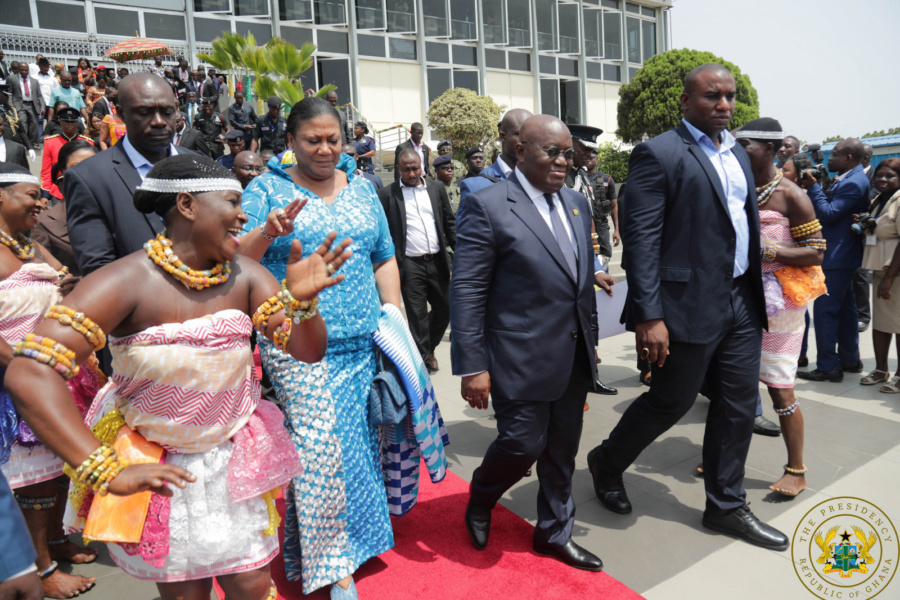
Reading books such as the Autobiography of Malcolm X and How Europe Underdeveloped Africa, by Walter Rodney, gave me a more in-depth understanding of the struggle that Africans all over the world have to face as a result of European colonialism and imperialism. These books also gave insight as to what life was in Africa before Europe invaded it. A widely accepted view of Africa pre-colonialism is that its inhabitants were savages and animalistic but in reality, they were very technologically advanced in many fields such as architecture, medicine and astronomy. Learning this made me question what other information about African history I was not taught and how differently displaced Africans around the world think about themselves if they knew this information.
Earlier this year I took my most recent trip to Ghana, but this trip was different from the rest. It was my first time going there to work rather than on a holiday. I was able to get a summer internship at the Daily Graphic, one of the biggest newspapers in the country, headquarters in Accra. This was a huge opportunity for me not only to improve on my writing skills but to also learn more about Ghana and see places in Accra that I normally wouldn’t have.
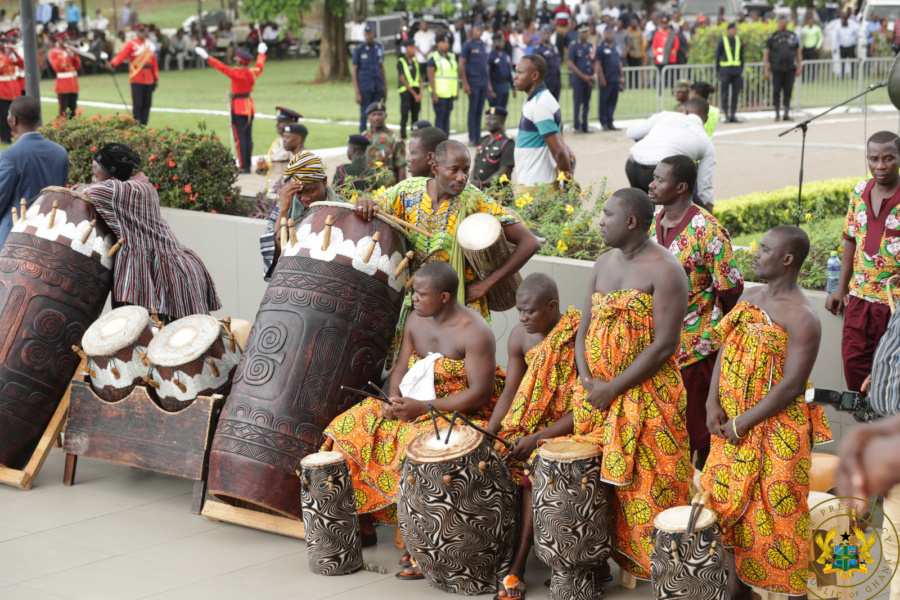
The highlight of the internship was covering the Emancipation Day celebration which consisted of three different wreath-laying ceremonies to pay respects to three founding fathers of Pan-Africanism, W.E.B. Du Bois, George Padmore and Dr Kwame Nkrumah. The ceremonies took place at the places of dedication for these Pan Africanists in various places in Accra, the Du Bois Centre for Pan African Culture, the George Padmore Library and the Kwame Nkrumah Memorial Park. A few notable people were present during these ceremonies such as the Brazilian, Columbian and Cuban Ambassadors and the Minister of Tourism, Catherine Afeku, who gave a speech calling on Africans all over the world to help with the economic emancipation of their continent. An Afro-Columbian Historian called Sergio Mosquera was also among the notable guests present at the ceremony. Mosquera gave a speech, which moved many to tears, in it he spoke of the millions of Africans displaced in South America and the suffering they had to and still have to endure. He had come all the way to Ghana in order to become more in touch with his roots and take part in a symbolic ceremony where he changed his name to Kofi Sankofa.
I remember searching the internet for things most interesting and exciting to do whilst in Ghana. Cape Coast and Elmina slave castles were the two attractions that appeared the most in the various sources that I looked at so I made a plan to visit both. My uncle and I went to Elmina Castle first where we witnessed the harsh conditions that the slaves were put under. The majority of the captives were held in the same small room and were forced to excrete and eat in the same place. These conditions caused the death of many captives before they ever reached their destinations. The Dutch, Portuguese and British were all in possession of the castle at one point in time.
These countries all used Christianity as a way to justify the kidnapping and enslavement of Africans, they even made a point to build a small but elaborate church on the castle grounds so they could pray while some of their captives were tortured just meters away. Cape Coast Castle was only a short drive away, it was similar to Elmina Castle but had more emphasis on showing the history of the castle through artistic exhibits. These included sculptures of the slaves heads placed throughout the castle and some paintings. Going to these castles, as a young adult, allowed me to not only empathise more with the slaves but they also empowered me to learn more about Ghanaian/African history and to spread this knowledge on to others.
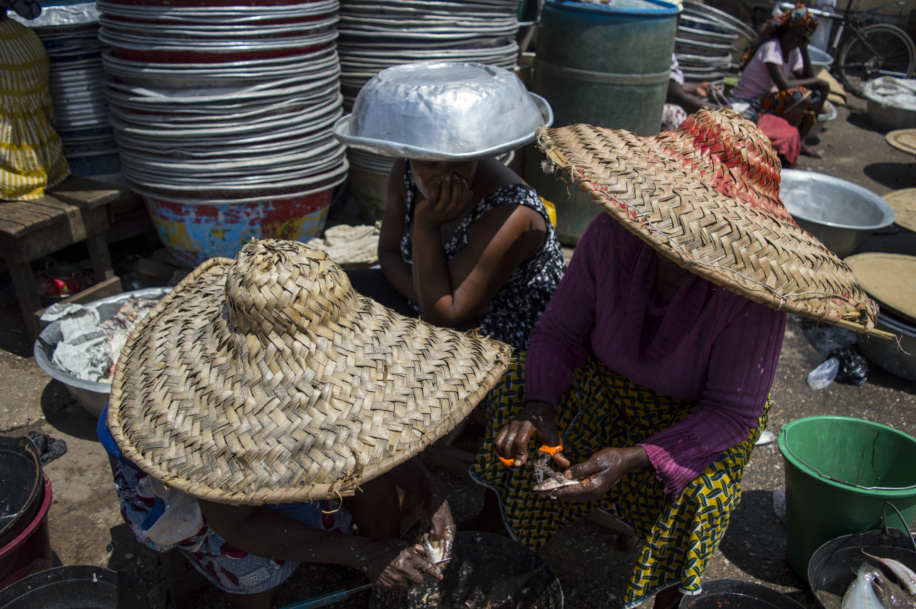
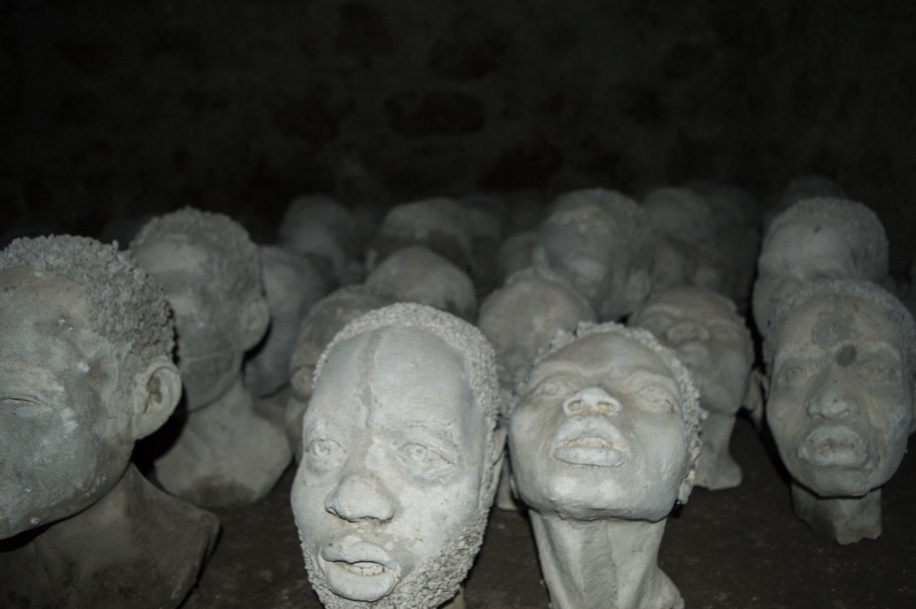
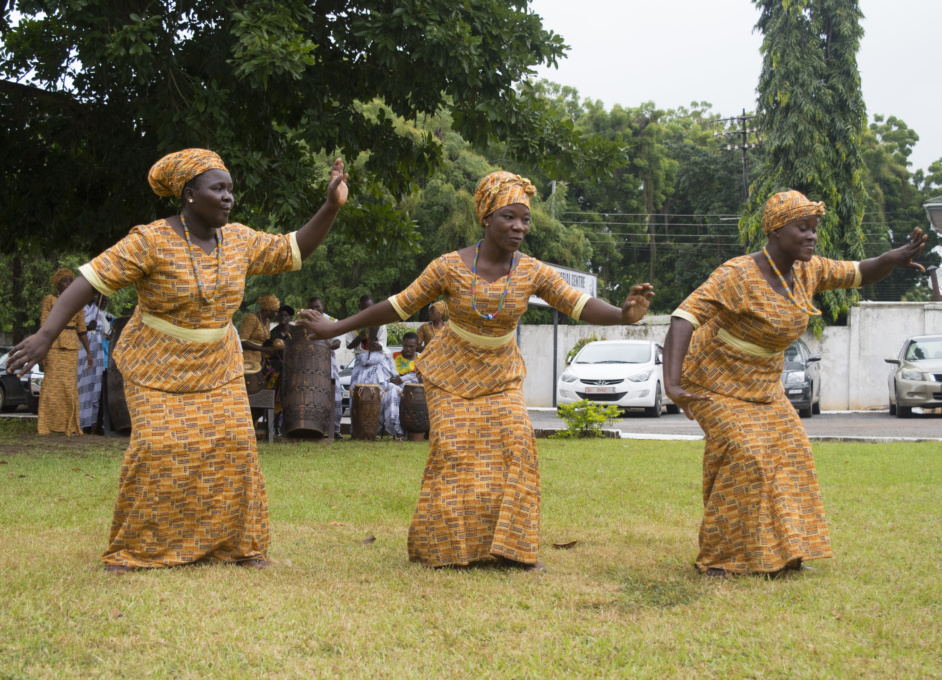
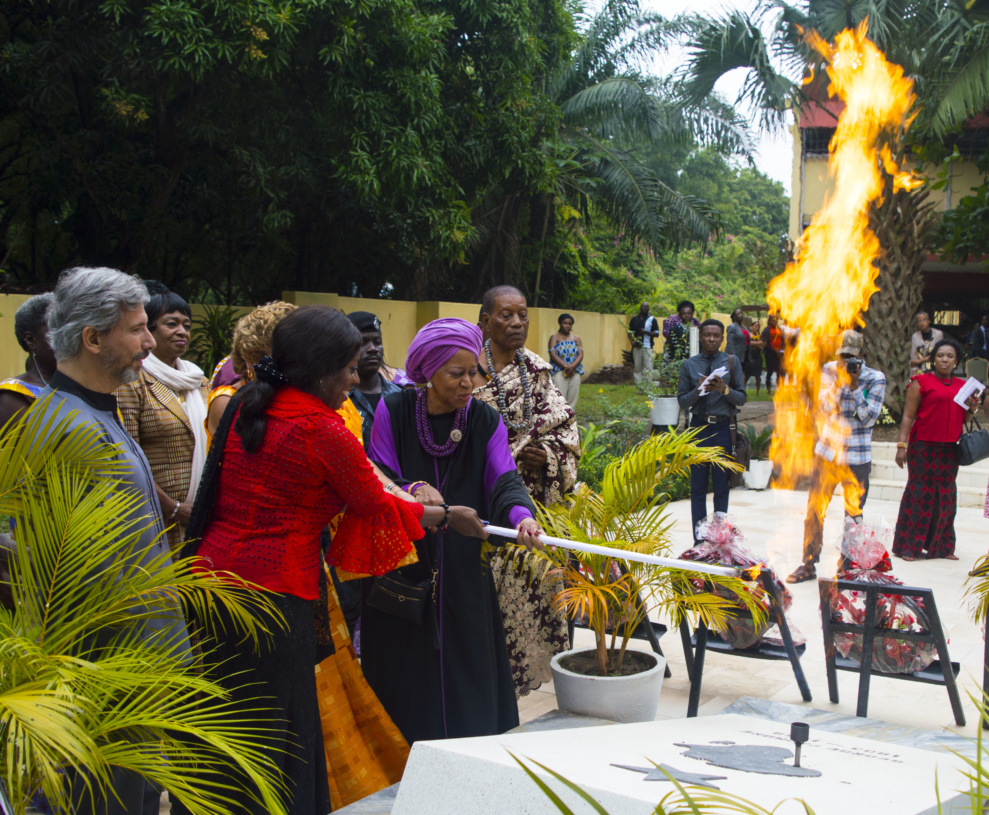
Kindly follow us on twitter:@AfricanVoice2
